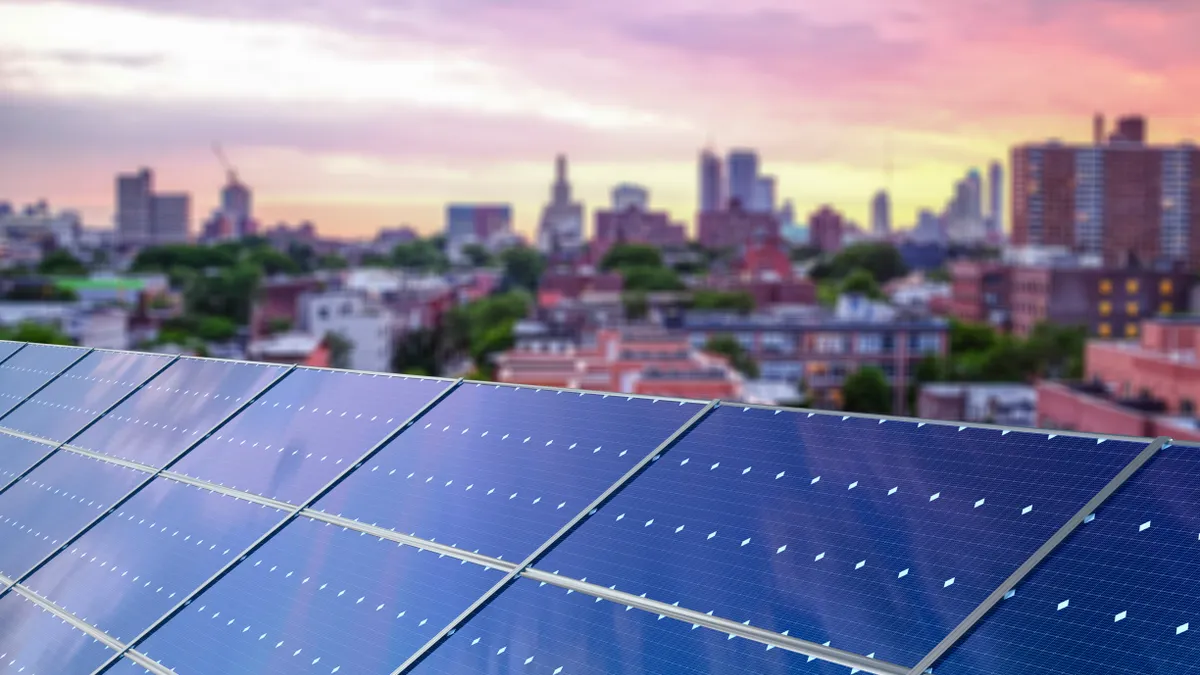Dive Brief:
- Local governments can now apply for a total of $4.6 billion in competitive grants to implement climate action plans, the Environmental Protection Agency announced Wednesday.
- The competition — also open to state, territorial and tribal governments — is the second phase of the Climate Pollution Reduction Grants program. In the first phase, the EPA distributed $250 million in noncompetitive grants to help communities develop the climate action plans they can now apply for funding to implement.
- According to the EPA, “state and local action is vital to deliver on President Biden’s commitment to reduce climate pollution by 50-52% by 2030,” relative to 2005 levels. The application deadlines are April 1, 2024, for the general competition and May 1, 2024, for the tribes and territories competition.
Dive Insight:
Funded through the Inflation Reduction Act, the Climate Pollution Reduction Grants program “is the largest program of its kind to help state, local, tribal, and territorial governments to develop and implement a wide variety of greenhouse gas reduction measures,” said Lisa Garcia, an EPA regional administrator for New Jersey, New York, Puerto Rico, the U.S. Virgin Islands and eight federally recognized Indian nations, in a statement.
When deciding which projects to fund, the EPA will prioritize those that result in the greatest amount of greenhouse gas emissions reductions.
The agency will hold four informational, one-hour webinars in the coming weeks. Webinars about the general competition will take place on Sept. 21 at 2:30 p.m. and Oct. 3 at 3 p.m. EDT. Webinars about the tribes and territories competition will occur on Sept. 27 at 2 p.m. and Oct. 5 at 1 p.m.
The EPA will likely award between 30 and 115 grants through the general competition, with each ranging between $2 million and $500 million. Between 25 and 100 grants from $1 million to $25 million each will be awarded to tribes and territories.
General competition grants will be awarded in Fall 2024, and grants for tribes and territories will be awarded in Winter 2024-2025, the EPA said.
“We’re investing in communities so they can chart their own paths toward the clean energy future,” EPA Administrator Michael Regan said in a statement.
















